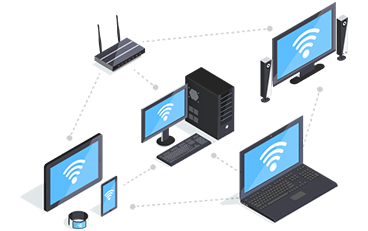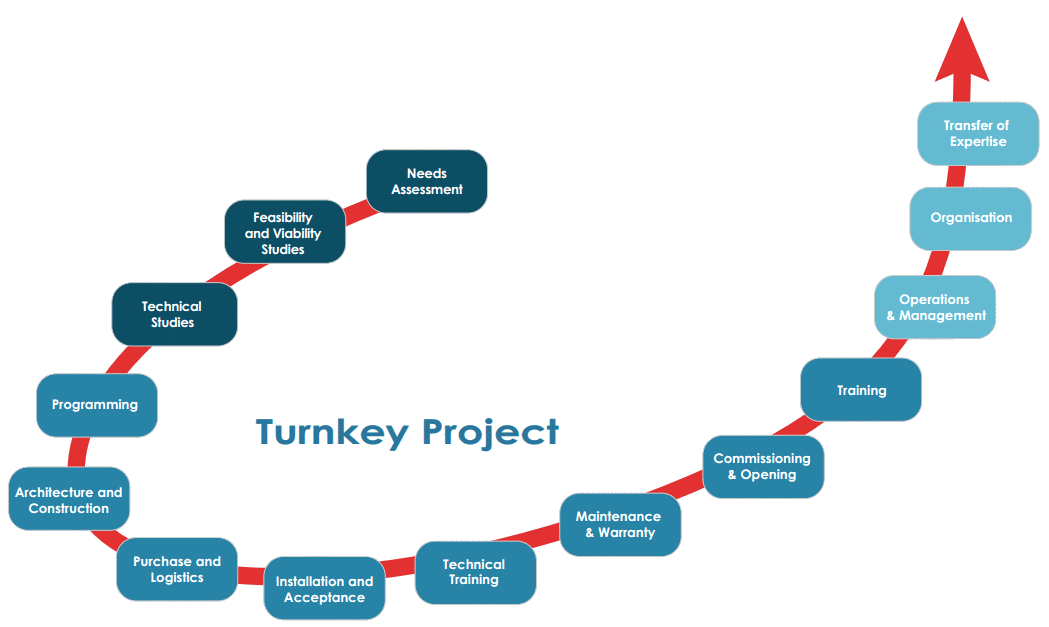
We aim to improve patient care, enhance diagnostics and treatment, and drive healthcare innovation.
A complete turnkey project for a hospital typically involves designing, constructing, and equipping a fully functional healthcare facility, ready to start operations. Here is an outline of the key steps involved in such a project:

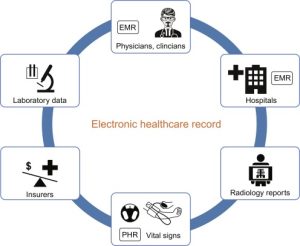
Many healthcare organizations are working on implementing or upgrading their electronic health records systems. This project involves digitizing patient records, enabling seamless information exchange between healthcare providers, improving data accessibility, and enhancing patient safety.

Researchers and companies are developing artificial intelligence (AI) algorithms to analyze medical images, such as X-rays, MRIs, and CT scans. These projects aim to enhance diagnostic accuracy, identify abnormalities, and assist clinicians in making more informed treatment decisions.

With the rise of telemedicine, healthcare providers are developing and implementing projects to enhance virtual healthcare delivery. These projects focus on improving remote patient consultations, developing remote monitoring devices, and integrating technologies that enable real-time patient data transmission for efficient healthcare management.

Precision medicine projects involve tailoring medical treatments and interventions to individual patients' unique characteristics, such as their genetic makeup, lifestyle, and environmental factors. This approach aims to provide more targeted and effective healthcare, personalized therapies, and improved patient outcomes.
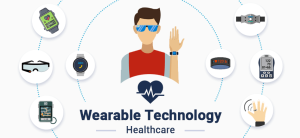
Various projects focus on developing wearable devices, such as smartwatches, fitness trackers, and biosensors. These devices collect health-related data, monitor vital signs, track physical activity, and provide real-time insights to patients and healthcare professionals, enabling proactive healthcare management.
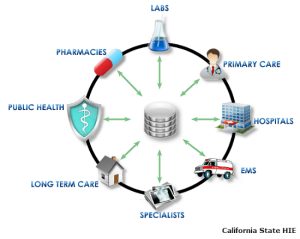
HIE projects aim to improve the exchange of health-related information between healthcare providers, hospitals, and clinics. These networks facilitate secure and efficient sharing of patient data, resulting in better care coordination, reduced medical errors, and improved decision-making.
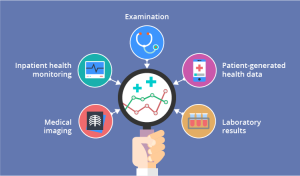
Healthcare organizations are working on projects to leverage big data analytics and machine learning algorithms to analyze large volumes of patient data. These projects aim to identify trends, patterns, and potential risks, enabling early intervention and improving population health management.
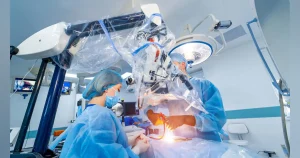
Robotic technologies continue to advance in healthcare, with ongoing projects focusing on surgical robots, rehabilitation robotics, robot-assisted therapy, and AI-powered robotic systems for patient care. These projects aim to enhance surgical precision, improve outcomes, and assist healthcare professionals in their daily tasks.





